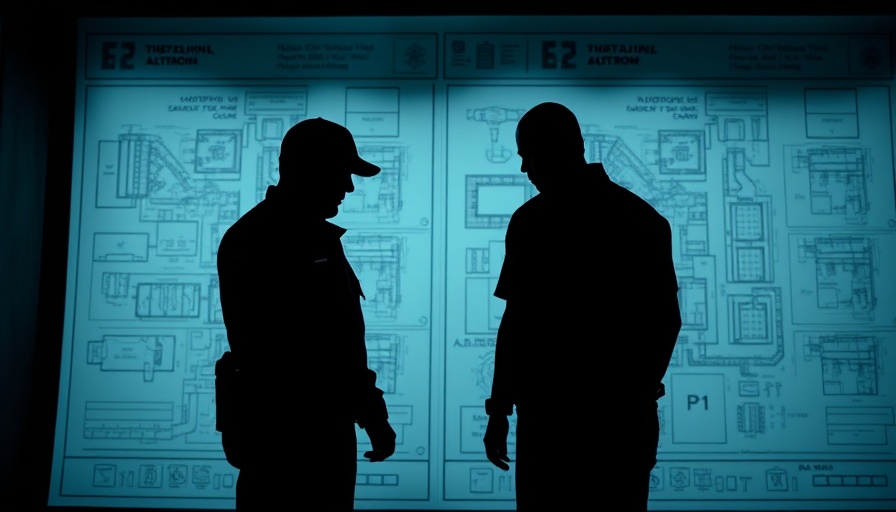
The Boom of America’s Immigration Detention Industry
The immigration detention industry in the United States has reached unprecedented levels. Over the past few years, a confluence of rising immigration enforcement policies, economic conditions, and political debates has led to an increase in detention centers operated by both public and private entities. Understanding the intricate dynamics behind this growth requires a closer look at how this industry affects not only immigrants but also communities and economies across the country.
The Economic Landscape of Detention
With the persistent influx of individuals fleeing conflict and seeking opportunities, immigration enforcement has become big business. Companies managing detention facilities have seen significant financial growth, often fueled by government contracts. This setup raises questions about corporate social responsibility, particularly when these companies prioritize profits over humane treatment. Many detention centers operate under controversial conditions, raising ethical concerns about the treatment of detainees.
The Intersection of Immigration and Economic Growth
Interestingly, the expansion of the immigration detention industry parallels trends in business growth across various sectors, particularly in the Bay Area. The influx of immigrant labor contributes to the economy—especially in industries like technology and services—while the detention industry itself provides jobs, albeit in a more troubling context. This sway of immigration policy and economic interests reveals a complex relationship rather than a straightforward narrative of support or opposition.
Current Events: What's Happening Now?
Recent legislative actions and public discourse suggest that immigration policies may continue to be a focal point of national dialogue. Economic forecasts indicate that as the Bay Area evolves into a hub for startups and tech ventures, questions surrounding workforce diversity and immigration policy reform will impact business climate and local economies. Companies are urged to embrace corporate governance that ensures fair treatment of all workers, including those within detention systems.
Future Predictions: The Next Decade
As we look ahead, the immigration detention industry is likely to face increased scrutiny. Activism for reform and changes in public sentiment towards immigration can shift policies significantly. Business leaders must navigate this evolving landscape wisely, as their operational strategies will need to align with changing regulations and societal expectations. Sustainability in business practices will play a crucial role in branding and corporate visibility, particularly as consumers become more socially conscious.
Actions for Consideration
This rapid expansion in the immigration detention industry is not merely an isolated issue. It reveals broader societal concerns including economic inequality and human rights. Local entrepreneurs and business leaders should engage with community advocates to understand the implications of their business operations on marginalized groups. This engagement will not only elevate the business's standing within the community but could also enhance brand loyalty and customer support.
Conclusion: The Human Side of Business
Ultimately, while the immigration detention industry is booming economically, it challenges us to reconsider what it means to run a responsible business. Business innovation should encompass a commitment to ethical practices, encouraging companies to act not just in pursuit of profits, but to respect human dignity. As we witness these trends unfold, let’s advocate for practices that are sustainable, equitable, and just.
 Add Row
Add Row  Add
Add 



Write A Comment